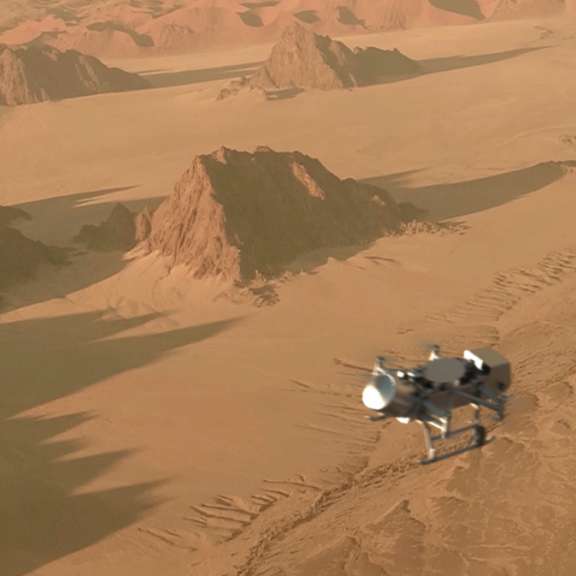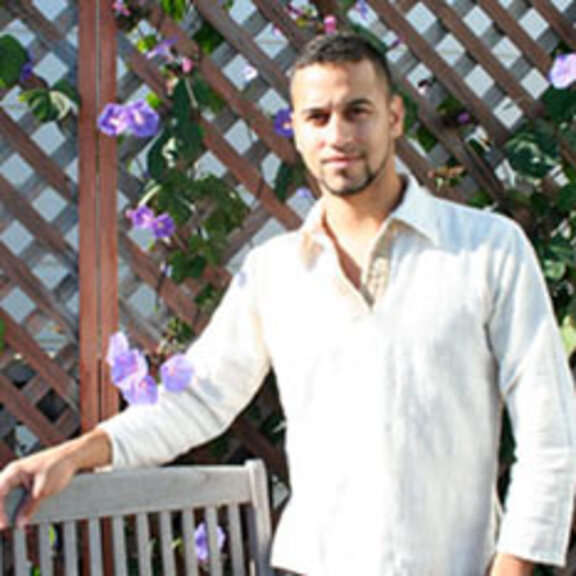Since 2002, Planetary Radio has visited with a scientist, engineer, project manager, advocate, or writer who provides a unique perspective on the quest for knowledge about our Solar System and beyond. The full show archive is available for free.
Search Planetary Radio
Radio telescopes are delivering stunning images that, in some cases, current optical telescopes can’t equal. Witness the 20 beautiful protoplanetary disks imaged by the DSHARP team using the ALMA radio telescope in Chile.
magine soaring over what may be the solar system’s most Earth-like world, if you ignore the chill. If funded, the nuclear electric-powered Dragonfly will do exactly this. Principal Investigator Elizabeth “Zibi” Turtle shares her enthusiasm.
Join us at the Applied Physics Lab in Maryland for the New Horizons encounter with the most distant object ever visited. You’ll meet mission leaders, friends and even a rock and roll star as we dive deep into this triumph of exploration.
The InSight lander has only just arrived on Mars. Now, OSIRIS REx has reached asteroid Bennu after traveling through deep space for a year and a half.
Ilse Cleeves is lead author of a paper that concludes up to half of our solar system’s water is older than the solar system itself. The implications for life across the galaxy are profound.
Principal Investigator and physicist Bruce Macintosh joins astronomer Franck Marchis to celebrate first light from the most powerful instrument for imaging exoplanets.
Juno Principal Investigator Scott Bolton reviews the spacecraft's Earth flyby and previews its long stay at our solar system's king of planets.
There will soon be one thousand confirmed exoplanets, but how do we learn more about such distant worlds? We talk to the leader of a team that has recently developed technology capable of revealing the spectra of these planets, which allows us to tease apart their composition. Emily Lakdawalla invites you to find the next “face” on Mars, while Bill Nye says another asteroid flyby is good news. Our special What’s Up space trivia contest prize will put your picture in orbit!
ALMA will make sharper images than the Hubble Space Telescope, yet it’s a radio telescope! ALMA scientists Alison Peck and Al Wooten tell us about this array of 66 huge dishes in Chile’s Atacama desert.


 Explore Worlds
Explore Worlds Find Life
Find Life Defend Earth
Defend Earth










